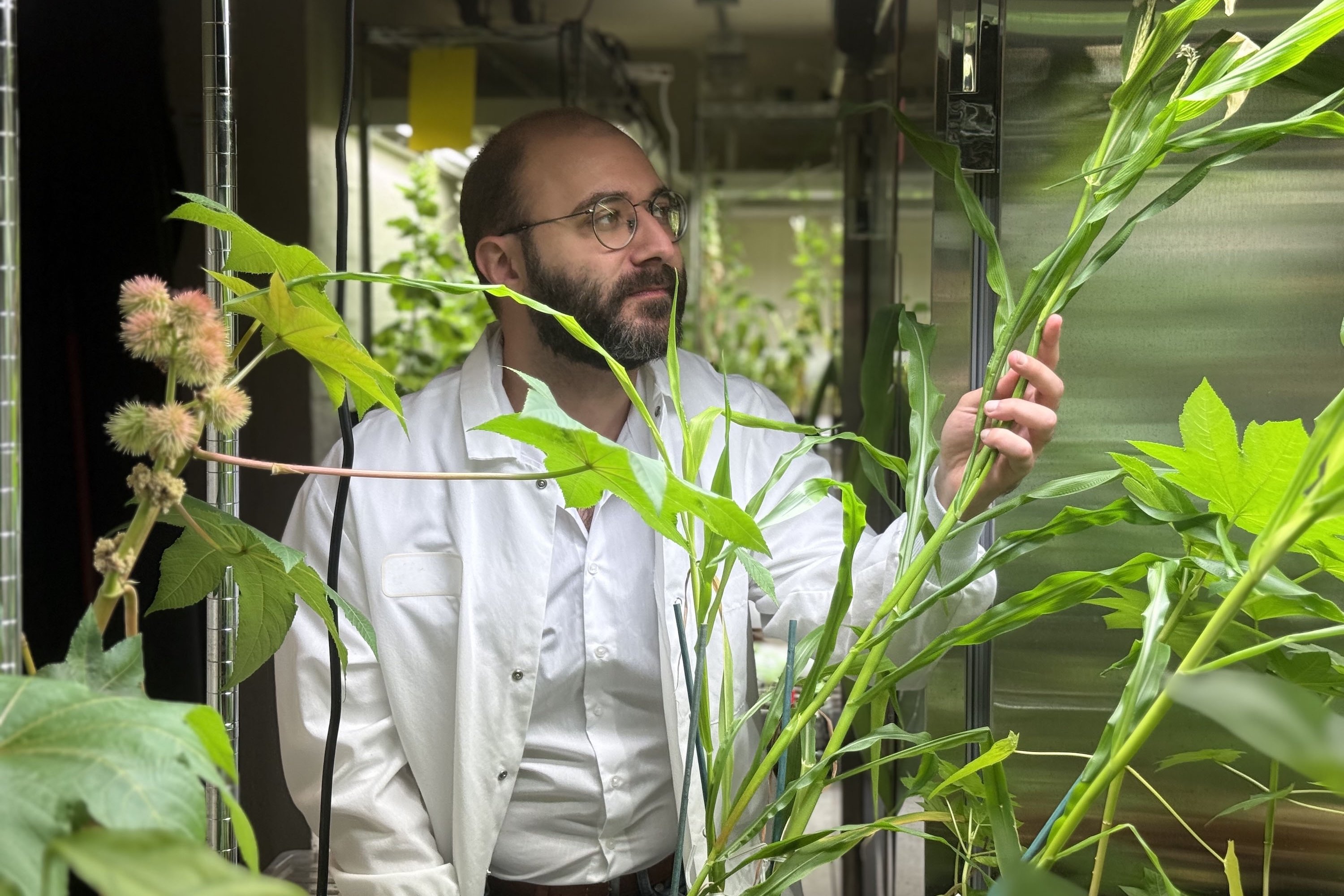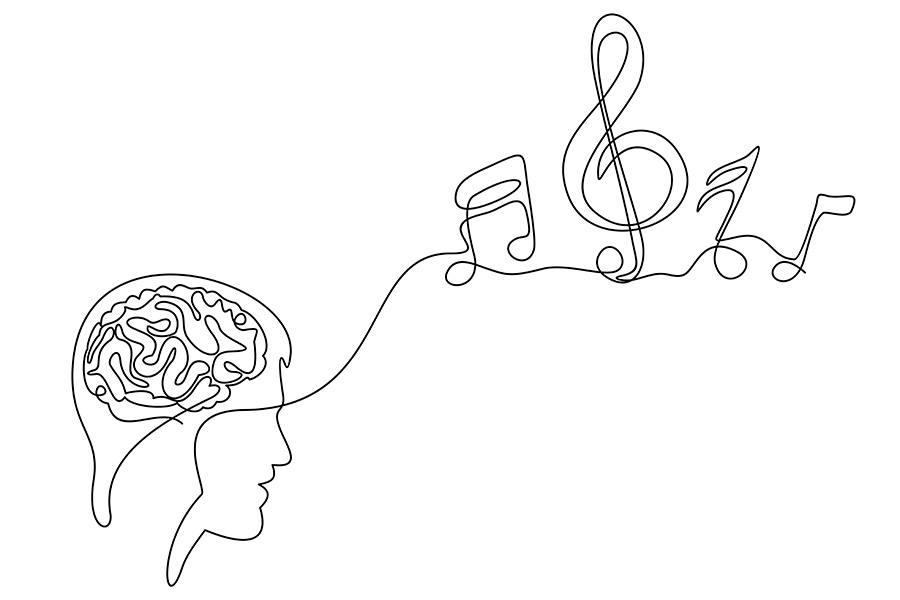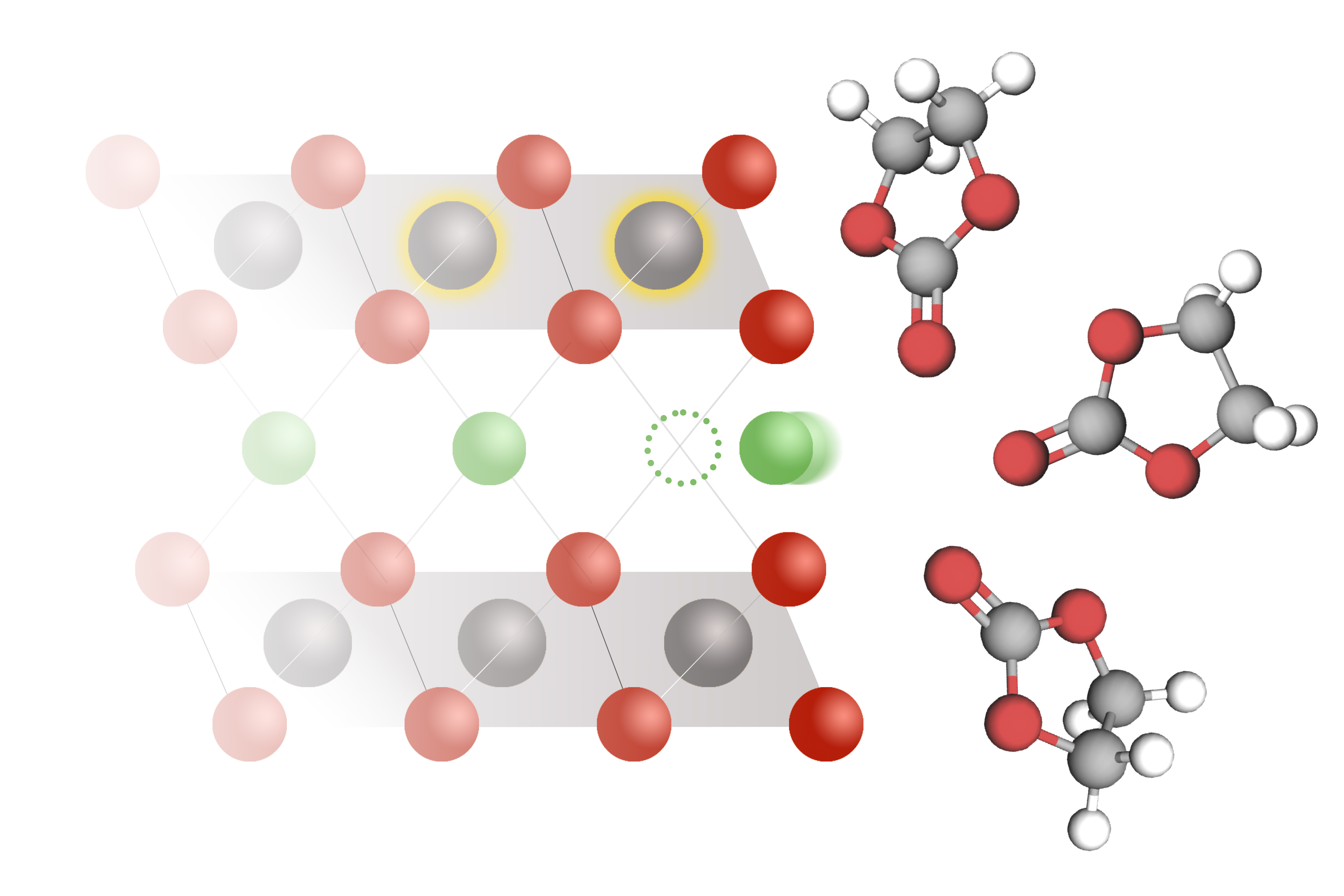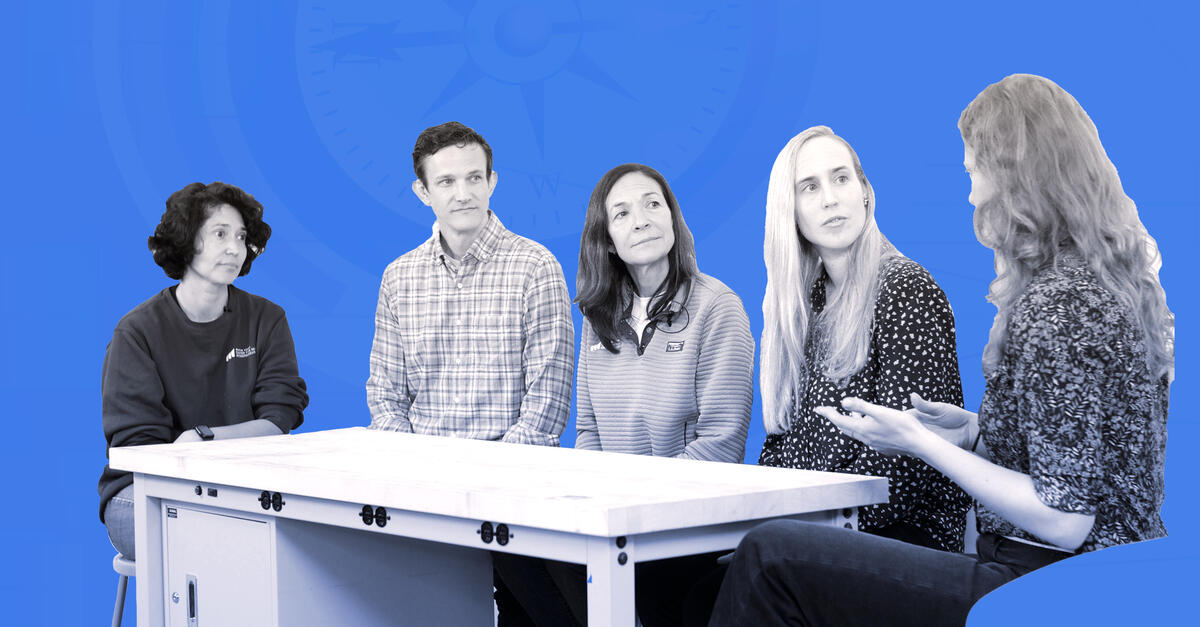
Despite reports of high failure rates in generative AI pilots, companies continue to invest in AI technology. This persistence raises questions about the perceived value and future of AI in the economy.

Despite reports of high failure rates in generative AI pilots, companies continue to invest in AI technology. This persistence raises questions about the perceived value and future of AI in the economy.

OpenAI launched its Atlas browser, integrating ChatGPT for web browsing and task automation. However, users find it largely unnecessary, questioning its value outside OpenAI.

OpenAI introduced Atlas, a web browser featuring ChatGPT and an agent for automated tasks. It matters as it raises questions about its utility and target audience.
Generative AI tools are being embraced by artists, leading to notable success despite criticism. This shift matters as it challenges traditional views on creativity and artistic value.

MIT's Giorgio Rizzo is creating sustainable fertilizers to reduce agriculture's environmental impact. This innovation matters as it aims to enhance crop yields while preserving soil health.

Recent research reveals that muscles have a memory for movement and exercise, which is crucial for muscle growth and recovery. This understanding can enhance training and rehabilitation strategies.

A study from MIT reveals that musicians have enhanced abilities to filter out distracting sounds, which is crucial for effective communication in noisy environments. This finding highlights the cognitive benefits of musical training.

A study reveals that many users unintentionally form emotional bonds with AI chatbots, highlighting both benefits and risks of such relationships.

Google has released a report detailing the energy consumption of its Gemini AI, revealing that median prompts use 0.24 watt-hours of electricity.

MIT researchers developed a model explaining lithium intercalation rates, potentially leading to faster-charging, longer-lasting batteries.

Startup founders are advised to focus on capital efficiency and disciplined entrepreneurship amid economic uncertainty, as discussed by experts from MIT.

MIT doctoral student Whitney Zhang studies how technology and organizational decisions impact labor markets and worker productivity.